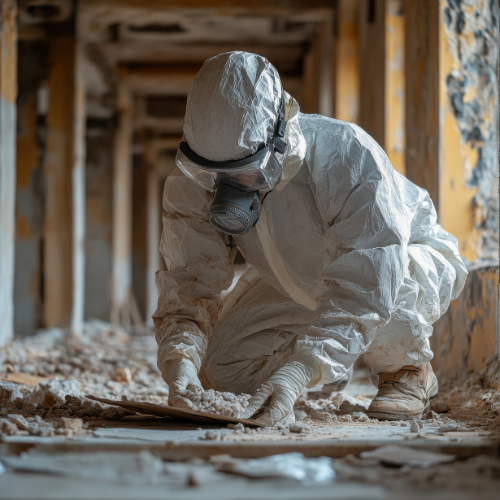
Many presume that a typical mesothelioma patient is a man who worked in a blue-collar industry that left him exposed to asbestos. In reality, for every four mesothelioma diagnoses involving males, one woman is diagnosed. While the disproportional number is not surprising, women are often an overlooked segment of mesothelioma victims.
A new study reveals that while females comprise a minority in this deadly disease, specifically those suffering from malignant pleural mesothelioma, their chances of survival are greater. Conducted in May of 2020, results saw women’s survival rates at nearly 21 months compared to almost 16 months for men.
An important discovery
Researchers at the International Mesothelioma Program at Brigham and Women’s Hospital in Boston located an estrogen-signaling gene that forecasts prognosis and treatment outcomes.
Known as the RAS-like estrogen-regulated growth inhibitor (RERG) gene, it could reveal the reasons behind the survivability of women versus men diagnosed with mesothelioma. Low RERG could point to increased chances of fatalities while higher levels improve the likelihood of living longer.
Estrogen is vital in cardiovascular and bone health, along with aiding nervous and immune systems. The discovery is not necessarily a surprise, nor is it the first time that it was considered in gender-based cancer diagnoses. Previous studies back up the recent findings.
While this represents good news for women, other studies show disadvantages that compromise those survivability rates. Clinical Lung Cancer reported that women needing aggressive surgery were 15 percent less likely to undergo the procedures, a significant step to living longer. Even more alarming findings from the National Cancer Database reveal that females diagnosed with mesothelioma were only 20 percent as likely than men to receive chemotherapy.
Regardless of gender, mesothelioma remains a deadly disease. Continuing research is vital to not only increase survivability but also eventually find a cure.














